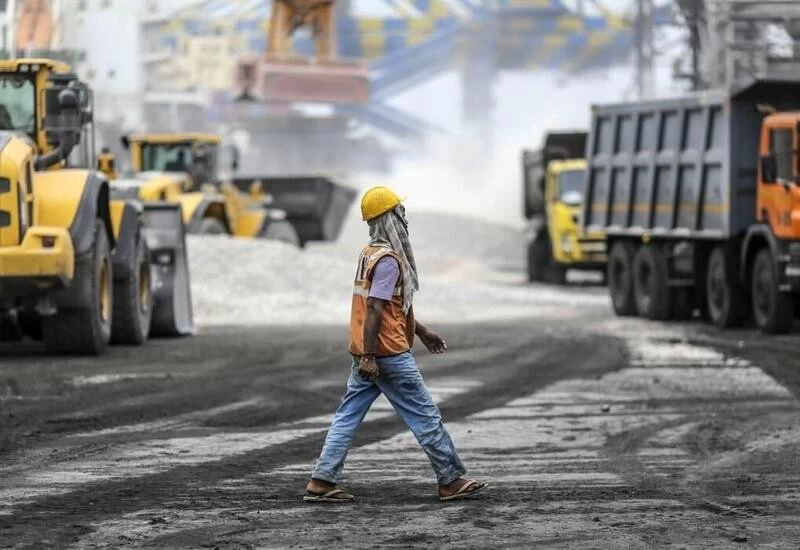New Delhi: India’s central bank had declared that the country’s economy was in a recession after witnessing two successive quarters of contraction between March to October 2020. However, the Asian giant’s comeback may outpace every other country in the world, including China and the US.
The Organisation for Economic Cooperation and Development (OECD) pegs India's real gross domestic product (GDP) to increase by 12.6% in the financial year 2021 and 5.4% in 2022 on the back of increasing COVID-19 vaccinations.
The OECD estimates support what the International Monetary Fund ( IMF) forecast in January 2021. According to the global banking institution, India will be the only major economy to exhibit double digit growth in the coming fiscal year, which kicks off in April.
If the OECD and IMF are accurate in their forecasts then India is on the road to reclaiming its title as the world’s fastest growing economy in 2021. The estimates of India’s own Economic Survey pegs India’s GDP to grow by up to 11%, which would still be higher than China as per OECD’s expectations.
What does India need to do in order to grow?
According to the OECD, speeding up vaccine production and rollout is the best economic policy available today to boost growth and job creation — a move that India is already playing.
The country is already the world’s largest vaccine manufacturer and it has also reportedly reached out to members of the QUAD — the US, Japan and Australia — to help fund further expansion to produce even more vaccines.
The OECD also recommends that the monetary policy’s stance should remain accommodative and fiscal policy should support demand. This is something that the RBI, India’s apex banking institution, has already reiterated in every Monetary Policy Committee (MPC) meeting.
However, the think tank also warns that if vaccination programmes are inefficient or don’t administer doses fast enough, consumer spending and business confidence are likely to take a hit — especially in the face of new variants of COVID-19 emerging all over the globe.
“The advanced economies, as well as vaccine suppliers such as China, India and Russia, face potential risks from the spread of new mutations and the reimposition of containment measures from the latter half of 2021,” it said. “But they face less near-term uncertainty about vaccine production and deployment, which is likely to be completed during 2021.”
India is currently amid the second phase of its vaccination drive. So far, front line workers have been administered the first dose. As of March 1, senior citizens — those above the age of 60 — as well as those with coremorbilites above the age of 45 are eligible to receive the vaccine.
In the next phase, it is expected the government will open up the COVID-19 vaccine to younger people with pre-existing medical conditions.


